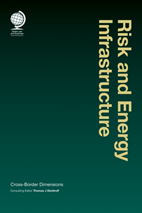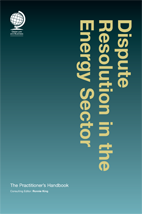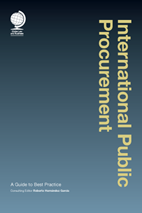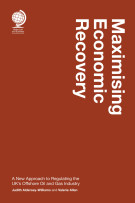
Consulting editor(s): Paul Q Watchman
Publication date: Jul 2008
Format: Hardback
Pages: 354
Price: £126.00
ISBN: 9781905783120
Add to basket (UK and Europe)Click to buy (USA, rest of world)
Add to basket (UK and Europe)Click to buy (USA, rest of world)
"..Anyone who uses this book will gain valuable insight into the mysterious commercial and regulatory alchemy which creates carbon credits and makes them objects of trade."
,
"A major strength of the book is the way its editor has organized an extremely complex subject into an orderly, reasonable, and manageable format."
,
"This is one of the more valuable and up-to-date guides on carbon law yet to emerge and a demand for future revisions can be envisaged."
,
"Anyone being introduced to climate change law would find it a valuable read, and it is to that extent worthy of a place on the shelf of any climate change legal practitioner."
,
The development of the carbon markets on the back of laws designed to mitigate climate change has been swift. Billions of euros of emission rights are now being traded around the world under cap and trade markets such as the EU Emissions Trading Scheme and from projects under the Kyoto Protocol. This market looks set to expand significantly over the next few years, with a number of countries, including the United States and Australia, considered likely to introduce market-based climate change mitigation measures. In addition, climate change issues are now impacting on a number of other more traditional practice areas for lawyers, including litigation, transactional work and real estate.
Featuring a Preface by HRH The Prince of Wales, this important title introduces climate change law and describes how it has evolved. The book describes how carbon projects - particularly those under the Kyoto Protocol - are set up and operated, and how the credits from those projects are brought to the market. It also describes the operation of the carbon markets, with an exploration of how the current markets may be expanded to create a global market in the future. The final part considers how climate change issues are impacting on other areas such as accountancy and taxation, corporate social responsibility, transactions, litigation, competition and real estate.
This book provides an in-depth overview of the current climate change issues facing lawyers and other professionals, including accountants, consultants, bankers and tax advisers. It provides a valuable source of information for those new to this fast-evolving sector through to more experienced climate change professionals.


















